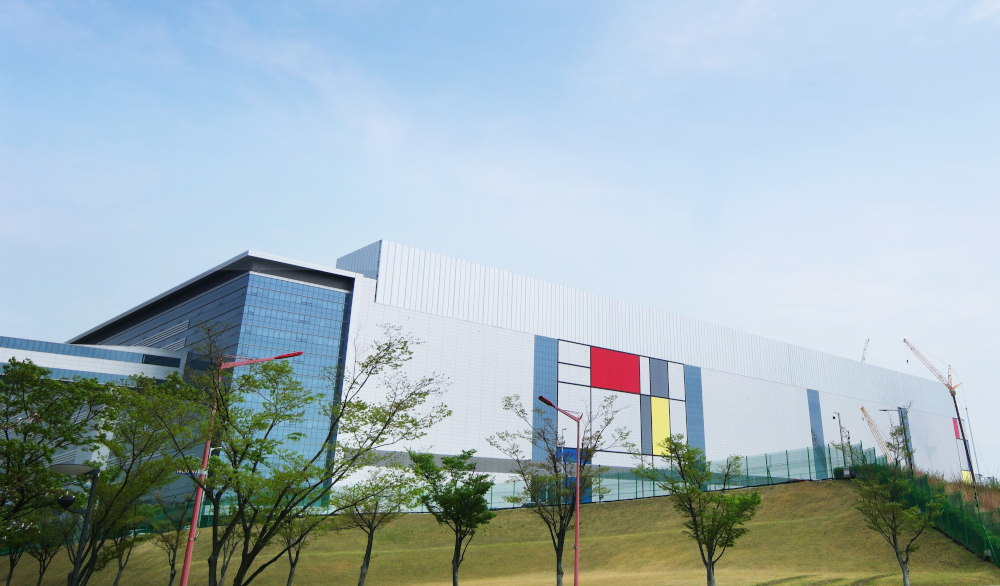 EMERGING TECH
EMERGING TECH
 EMERGING TECH
EMERGING TECH
 EMERGING TECH
EMERGING TECH
Samsung Electronics Co. Ltd. is weighing to build a cutting-edge semiconductor plant in Austin, Texas, that would be capable of making processors with smaller transistors than those in today’s most sophisticated chips.
That’s according to Bloomberg, which reported on the electronics giant’s plans this morning. The plant is expected to cost more than $10 billion to build if Samsung goes ahead with the initiative.
The company already operates a chip manufacturing hub in Austin and has reportedly purchased land next to the facility last October. Samsung asked the Austin City Council to rezone the land for industrial use in December. It’s believed that Samsung could start building the $10 billion plant as soon as this year, set up key manufacturing equipment in 2022 and begin production the year after that.
The plant reportedly would produce chips using the extreme ultraviolet lithography method. Extreme ultraviolet lithography machines etch transistors into silicon wafers using beams of high-energy light invisible to the human eye. The light beams go through a photomask, a kind of high-tech cookie mold located atop a wafer that reflects the incoming photons onto the silicon to carve transistor-shaped patterns.
Extreme ultraviolet lithography is already used today to make five-nanometer chips, which represent the current cutting edge of semiconductor manufacturing. Bloomberg reported that Samsung’s Austin plant would in the future be capable of making chips based on an even smaller three-nanometer process.
Samsung doesn’t expect to make three-nanometer products in large quantities until 2022. However, the company has already shared some details about its manufacturing approach. Its three-nanometer chips will use transistors with more surface area between their subcomponents than the transistors in today’s processors, which should allow electricity to travel more efficiently between them. Samsung stated in 2019 that it was expecting the chips to provide 35% better performance than seven-nanometer silicon and to use half the power.
Taiwan Semiconductor Manufacturing Co. Ltd., Samsung’s top rival in the semiconductor market, also plans to start mass-producing three-nanometer chips in 2022. The company is building its own U.S. chip plant at a cost of $12 billion.
Samsung is the world’s largest maker of memory chips and has a substantial, though smaller, presence in the processor manufacturing market that TSMC leads. Samsung produces graphics cards for Nvidia Corp. and makes some of Qualcomm Inc.’s smartphone processors. Bringing online a chip facility capable of making three-nanometer parts could potentially give the company a big boost in this lucrative market.
The facility would be a boon for Nvidia, Qualcomm and Samsung’s other big clients. Access to more efficient manufacturing technologies allows semiconductor designers to engineer better chips that provide more processing power using less electricity.
Samsung’s and TSMC’s plant investments will also create more competition for Intel Corp., a mutual rival. Intel, which reported earnings on Thursday, is developing its own three-nanometer technology in parallel with its ongoing push to upgrade manufacturing facilities to the seven-nanometer process. The company this month appointed former VMware Chief Executive Pat Gelsinger as CEO to spearhead growth efforts.
THANK YOU